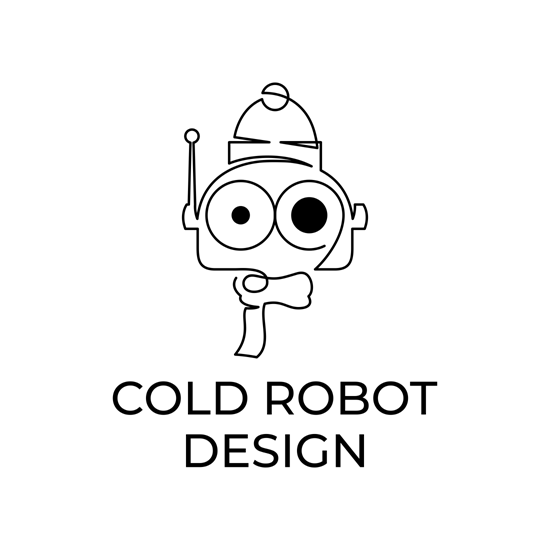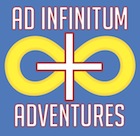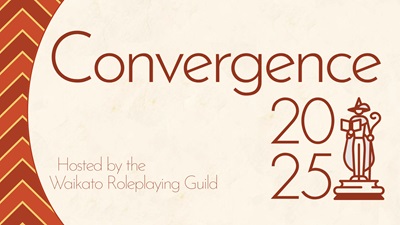Cold War
One Night Ultimate Strahd
Sun, 11/09/2025 - 15:13 — TheTimCrow[REDACTED], Eastern Europe. 17th of [REDACTED] 198- [REDACTED].
Strike Team Phi-Espsilon "Thunderbolts" has been tasked with investigating, assaulting, and resolving through whatever means necessary, the disturbance contained within the anomalous weather effect.
The weather effect correlates to the arrival of a previously encountered anomalous zone codenamed "Barovia". Previous instances have been difficult to resolve, due to lack of prepared response, and lack of information about what is within.
Barovia is apparently unable to be exited until the Critical Target 'Strahd von Zarovich", some kind of local ruler, is killed. This is made more difficult by the anomalous area being highly dangerous, and von Zarovich residing in a fortified residence.
Phi-Epsilon will be deployed from a [REDACTED] aircraft flying out of [REDACTED] using a High Altitude, Low Opening (HALO) drop directly above the suspected location of this fortified residence. They are to persue the mission, there is no option of exfiltration before success.
Larp - Oops! All Stalins!
Sat, 10/05/2024 - 17:07 — TheTimCrowThe date: December 18th, 1952. The place: East Berlin.
It’s the night before the start of a nuclear weapons control treaty conference. All the movers and shakers are here. Dinner has been had, and now it’s time to ‘mingle’ and do the real power broking before the tedium of the formal negotiations. Of course, the topic on everyone’s lips will be the nuclear weapons treaty, but with westerners in attendance, opportunities for defection, assassination, and score settling are rife.
Of course, making sure you’re dealing with who you think you are will be very important.
In attendance:
Stalin,
Stalin. Stalin. Stalin. Stalin.
Stalin. Stalin.
Stalin. Stalin. Stalin. Stalin.
Stalin.
Well, they can’t all be Stalin, but they all look like Stalin, at least a bit. All characters are written to be played as any gender.
Larp: JUGGERNAUT
Wed, 01/11/2017 - 13:08 — IdiotSavantIt is July third, 1950. The Korean War is eight days old. National Security Council Report 68 is sitting on Harry Truman’s desk, a grim outline of the Cold War that is to enfold the world for the next 40 years. Alan Turing’s paper “Computing Machinery and Intelligence” is circulating for review. Cinderella is a box office sensation.
And you have invented a computer that can see the future.
Employing cutting-edge Ward-Takahashi identity derivations outside their quantum-theoretical framework, JUGGERNAUT processes enormous data sets, ostensibly in the service of code-breaking once the technology is proven and refined. The unstable geniuses behind the math have reached some curious conclusions that only experimental evidence can confirm. By the numbers, JUGGERNAUT —given enough resources— should be able to crack ciphers before they are even invented.
JUGGERNAUT is a live-action game by Jason Morningstar about free will for 4-6 players and 1-2 hours that plays like a creepy Twilight Zone episode and requires almost no prep. Replay value is high and it is always weird and intense To play.









